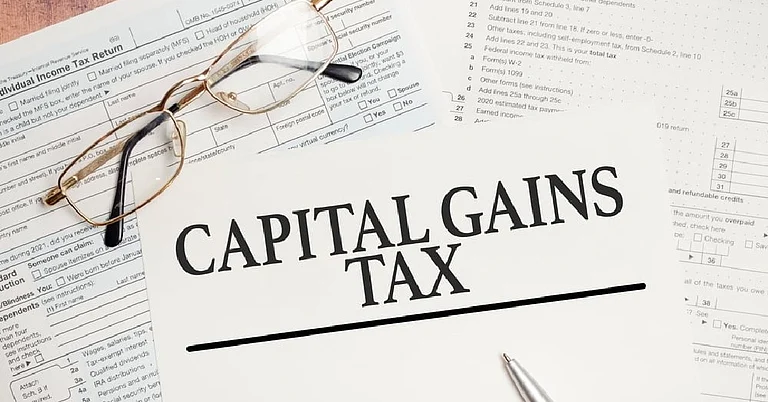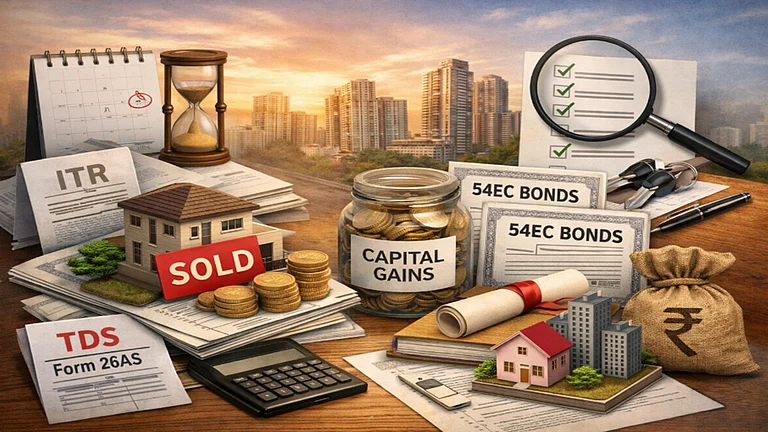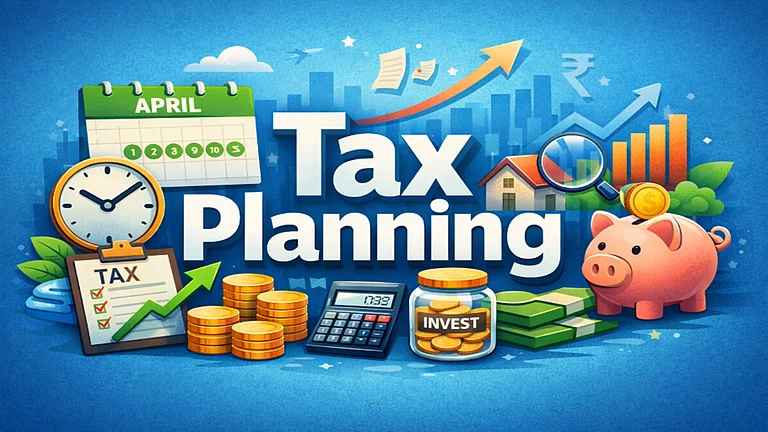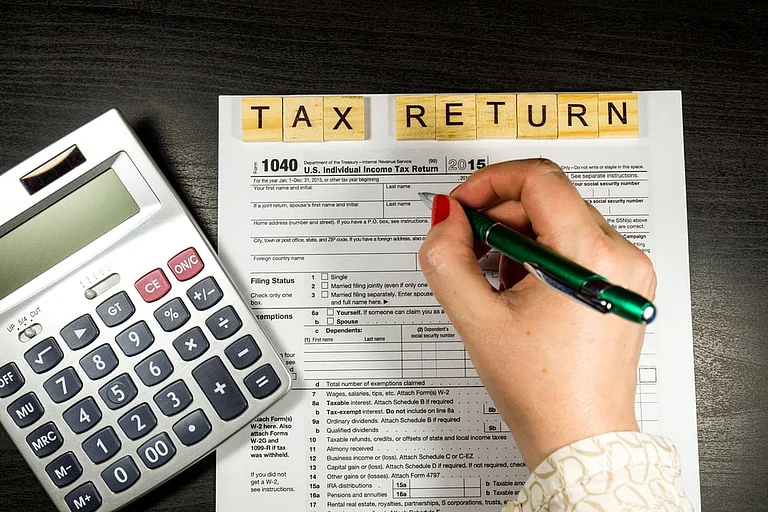For many taxpayers across India, Section 87A has always been a relief, allowing them the chance to lower their tax burden under both the old and new regimes. However, the applicability of this tax rebate has gone through changes due to various updates in the tax rules.
Until July 5, 2025, the Section 87A rebate was also applicable to special-rate incomes, including short-term capital gain. Last year, the Income Tax Department modified its filing utility which restricted taxpayers from claiming this rebate on capital gains under Section 111A, such as those from stocks and mutual funds.
As a result, many individuals who had already claimed the rebate in their income tax returns (ITR) are now receiving demand notices from the tax department.
The Legal Battle Over 87A Rebate
The sudden change in the utility (of the tax department’s portal) created confusion and frustration among taxpayers. The controversy escalated when the department altered its filing system without prior legal clarification, effectively taxpayers from claiming what they believed was their rightful rebate.
The matter was also taken to the Bombay High Court which delivered a ruling that sought to address this issue. The court stated that rebate claims should be evaluated during the scrutiny process and not be outright blocked due to a software update.
However, despite the court’s intervention, the government clarified its stance further in Budget 2025 wherein it stated capital gains, lottery winnings, and other special-rate incomes would no longer be eligible for the rebate.
The Central Board of Direct Taxes (CBDT) reinforced this in an official document, confirming that income sources taxed under Sections 111A and 112A would be excluded from rebate calculations.
Moreover, the government increased the Section 87A rebate limit from Rs 7 lakh to Rs 12 lakh under the new tax regime in the Union Budget 2025, raising the maximum rebate amount to Rs 60,000. However, those who had already filed returns under previous rules now find themselves in a difficult spot.
What Should Taxpayers Do?
Since demand notices are already rolling in for many taxpayers, there are limited options as to what they can do. Here are some things affected taxpayers can do;
Rectification Request: Taxpayers who have received a notice can file for rectification request under 154 of the Income Tax Act. The request can note that their rebate claim was valid when they filed their return but there is no guarantee that if your rectification request will be accepted or rejected.
Can Challenge Notice: Given the Bombay High Court’s previous judgment, taxpayers may be able to use this on legal grounds to contest the notice. This option may require you to use legal resources and would take more time.
Pay-up the Demand: Since many would be unwilling to engage in any legal battle, settling the matter would require straight-up paying the dues to avoid interest and penalties. However, this could mean paying a higher tax bill than expected.
The situation at hand is raising one important question, should a change in tax filing utility override a taxpayer’s right to self-assess their income? Though the government has not made its position clear in the Finance Bill 2025, the recent demand notices sent to taxpayers suggest that the confusion is still far from over.















